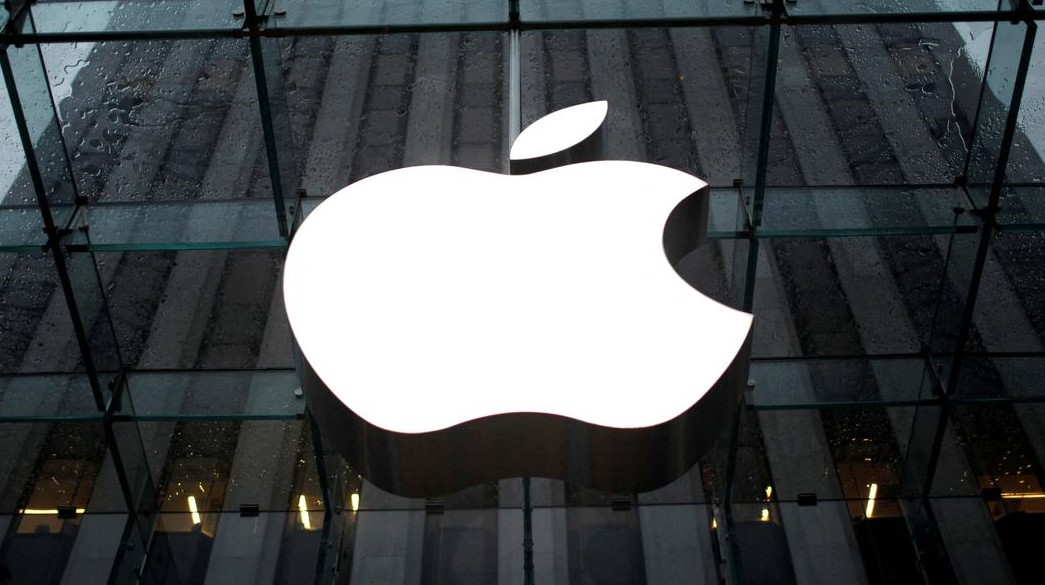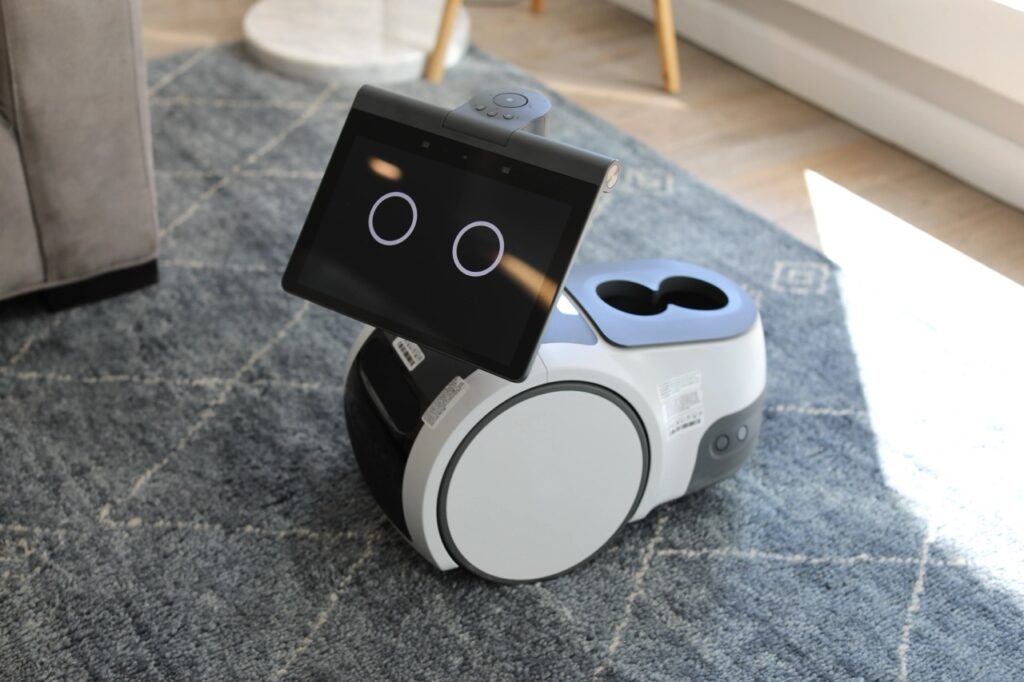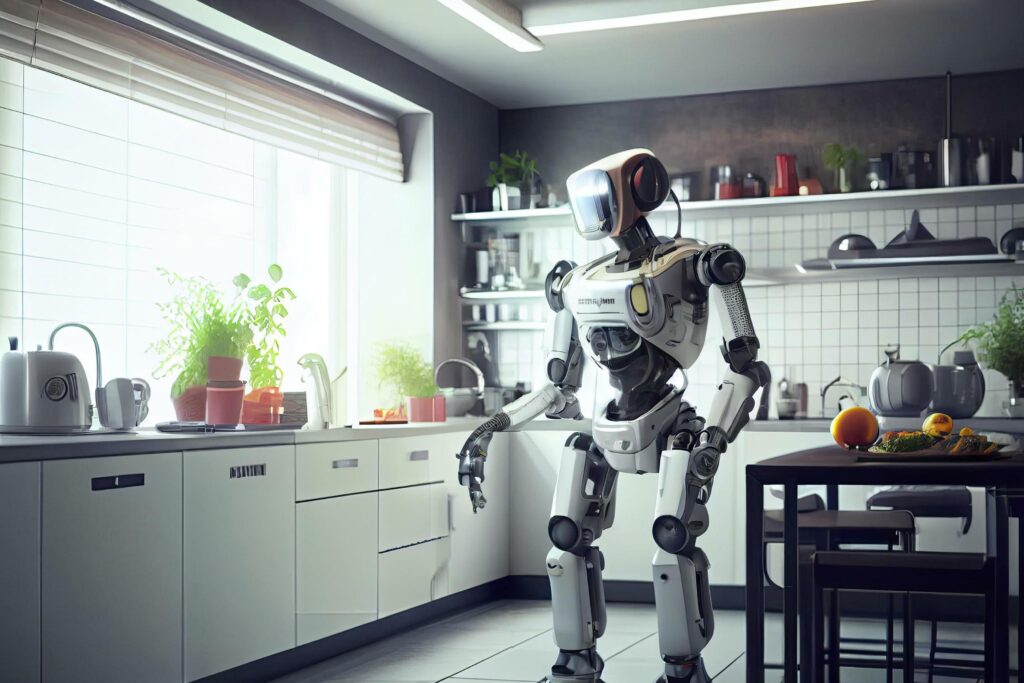Apple is renowned for its innovation and the unparalleled quality of its products. From the revolutionary iPhone to the iconic Mac, Apple has set benchmarks that others strive to reach. However, the technology landscape is shifting dramatically, and Apple is venturing into uncharted waters in robotics and AI to maintain its leadership and continue to thrive.

The Future of Technology
There’s no denying that the 2020s have brought about an unrecognizable change in the world of technology, with new players popping up and enjoying billion-dollar success virtually overnight. The successes and advancements of companies like Tesla, NVIDIA, and OpenAI demonstrate the importance of constant innovation and investment.
In 2024, we’ll likely see the fruits of Apple’s recent labor come to the forefront. Apple is preparing a strategic pivot towards AI, robotics, and other futuristic technologies, and investors and analysts are at odds over the potential directions and innovations the Cupertino-based giant might embrace in response to the changing technological paradigm. One thing is for certain: the Apple we know and love today will look very different in five years, and its ‘Next Big Thing’ could be just around the corner.
Apple’s journey has been marked by groundbreaking products that have reshaped industries. The Macintosh introduced a new era of personal computing, while the iPhone set the standard for smartphones, embedding itself as a linchpin in modern digital life. These innovations were not just products but harbingers of new eras, setting the stage for Apple’s dominance. However, as the digital landscape evolves, there are other options than resting on laurels for a forward-thinking entity like Apple. The firm needs something new to show it’s still at the top of its game. But it could be software rather than a product that comes next.

The surge in AI and robotics represents a technological paradigm shift akin to the transition from feature phones to smartphones. Apple’s interest in AI is not entirely new; it has been a subtle yet integral part of products like Siri and the iPhone’s camera system. However, the current AI revolution demands a more profound and extensive integration of AI across Apple’s product line and operational philosophy. AI’s potential extends far beyond voice assistants and photo algorithms.
It is about creating systems that can learn, adapt, and interact in ways that were previously the domain of science fiction. For Apple, this means not just incorporating AI into products but rethinking how products are designed, manufactured, and integrated into the ecosystem.
The Apple AI, a term that may soon become as familiar as Siri or iOS, could redefine personal computing, home automation, and how we interact with the digital world. There have been countless think pieces on Siri and its fall from grace, but 2024 could be the year that changes things. We’ve already seen Tim Cook confirm that the company would be making some serious AI announcements this year. In April, the company announced it had developed a new language model “superior” to the market leader ChatGPT. However, we won’t know for certain until the company makes announcements later in the year. However, invites for this year’s Worldwide Developers Conference have already been sent out, and some eagle-eyed viewers have spotted not-so-subtle hints about AI and generative technologies. So, we’re just a couple of months away from huge unveilings.

Robotics at Apple
Robotics, particularly in the context of home assistance, presents a compelling opportunity for Apple. The vision is not just about creating robots but about redefining the concept of home assistance. Imagine a device that not only responds to commands but anticipates needs, learns preferences, and integrates seamlessly with the array of devices in the Apple ecosystem. This vision aligns with the broader trend of smart homes but takes it a step further, with robotics infused with Apple’s design ethos and user-centric philosophy.
Apple has engineering teams working on various in-home robotic devices and the AI software and functionality that might be able to make a home robot useful. AI chief John Giannandrea is reportedly working on several exciting robotics prototypes at the company, with one being a mobile robot that would follow users around the home like an iPad on wheels. It’s thought that the robot would be able to facilitate FaceTime calls, monitor smart home technology, monitor users in their home and their health and well-being, carry out simple tasks, and answer everyday queries. It’s a more advanced version of the HomePod and could further elevate the company’s robotics arm.
According to Bloomberg’s Mark Gurman, Apple is exploring AI algorithms to help robots navigate cluttered spaces in homes. It’s thought Apple wants to design a robot that would clean and do chores much like Rosey in the Jetsons but that it’s “too complicated for now.” Instead, an entry-level robot would come first. Another Apple project reportedly in development over at Apple is an “advanced table-top home device” where robotics are used to move a display around. The device is a robotic motor on a small stand. It would mimic a person’s head movements on a FaceTime video call, such as a nod or precisely lock on to a single person during a group FaceTime call. It’s been “added and removed from Apple’s product roadmap” over recent years. An advanced HomePod with a display is also expected.
The narrative of Project Titan, Apple’s ambitious but ultimately shelved car project, serves as a cautionary tale. The significant investments and the eventual pivot away from building an Apple-branded car underscore the complexities of venturing into new technological arenas. However, rather than a mere setback, Project Titan represents a learning curve, offering valuable insights into managing large-scale, innovative projects, especially in areas outside Apple’s traditional expertise. The teams involved in the project will disperse through the Apple family and share their knowledge and learning in new ways, which could be great news for robotics and artificial intelligence at the Cupertino company in the years ahead.

The Road Ahead
The iPhone, once a revolutionary device, is now the baseline, the starting point for a new era of innovation. The technology that powers the iPhone, from its advanced sensors to its computing capabilities, is set to become the foundation for a range of new products and services. Personal home assistants, powered by the forthcoming Apple AI, could be the first in a series of innovations that expand Apple’s reach into our homes and daily lives.
The transformation from a company known for its computers and smartphones to one that is a leader in AI and robotics is not just about expanding the product portfolio. It’s about reimagining the role of technology in our lives, creating devices and systems that are not just tools but partners in navigating the complexities of the modern world.





